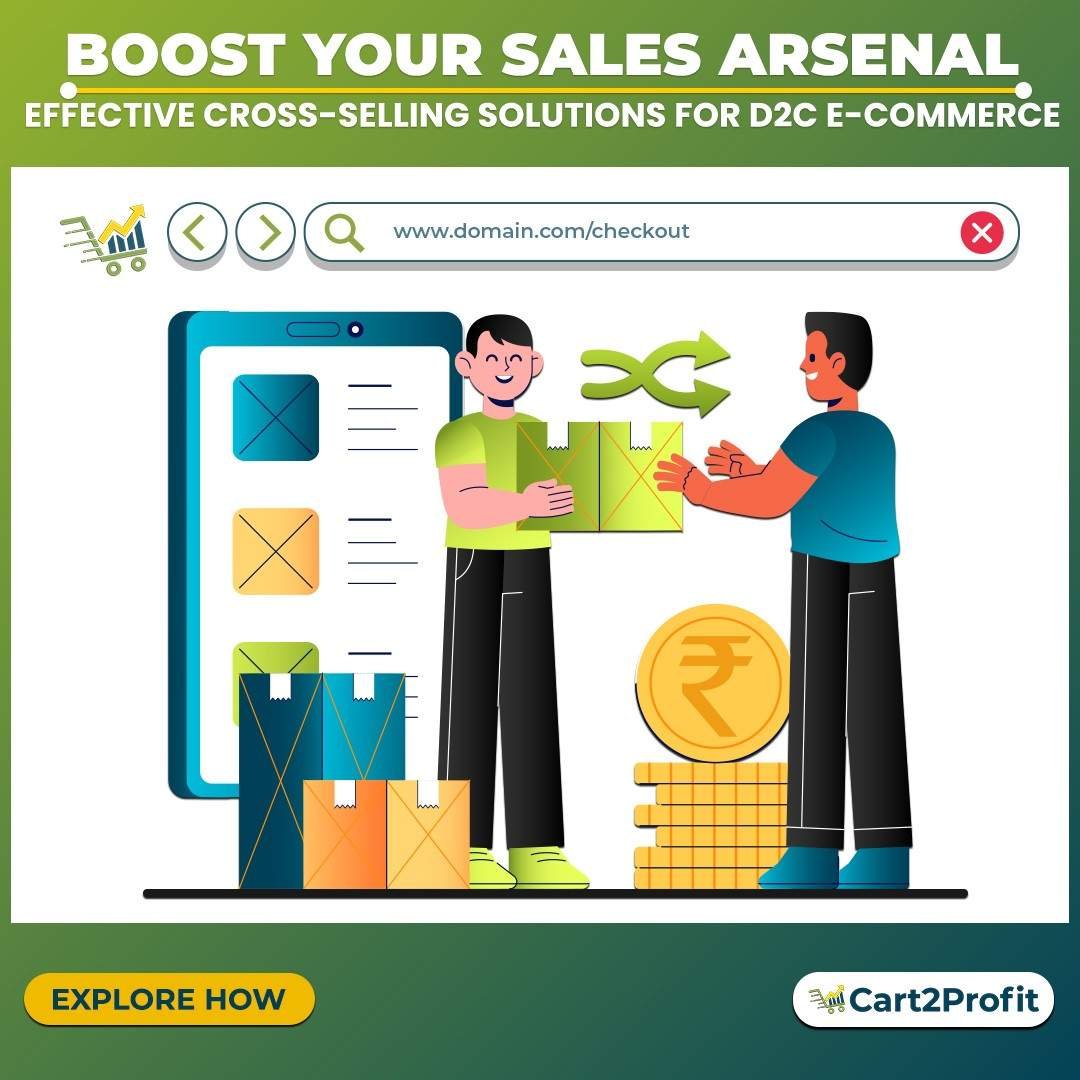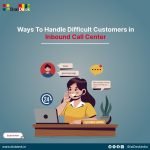Cross-selling solutions for D2C ecommerce brands is a powerful strategy for inflating revenue and enhancing customer satisfaction in the world of direct-to-consumer. By offering supplementary or related products to customers during their purchase journey, businesses can maximize their average order value (AOV) and build strong customer relationships.
Cross-Selling in E-commerce
Cross-selling is the exercise of suggesting additional products or services that complement or improve the customer’s first purchase. It includes analyzing customer needs and preferences to identify relevant cross-selling opportunities. By proficiently cross-selling, D2C brands can expand their sales revenue, improving customer satisfaction, and providing a more comprehensive shopping experience.
The Importance of Cross-Selling for D2C E-commerce Brands
Cross-selling holds various key benefits for D2C ecommerce brands. It allows businesses to generate additional revenue by increasing the average order value. Then it helps customers view products that complement their original purchase, improving their overall experience. Lastly, cross-selling allows businesses to display their product range and increase customer loyalty by providing inclusive solutions.
Strategies to Implement Cross-Selling
-
Product Recommendations
Leverage customer data and browsing history to provide customized product recommendations. Showcase these recommendations on product pages, in shopping carts, or through email marketing. By putting forward relevant and complementary products, you can persuade customers to add more items to their cart and inflate the overall order value.
-
Bundling Products
Bundle related products together and offer them as a package deal. This tactic provides customers with benefits and value, motivating them to purchase multiple items in a single transaction. Clearly converse the benefits of the bundled products and highlight any cost savings to persuade customers.
-
Post-Purchase Recommendations
After a customer completes a purchase, present them with recommendations for additional products that can intensify their original purchase. This can be done through order confirmation pages, post-purchase emails, or personalized recommendations on the customer’s account page. By recommending related products, you can grab customers and encourage them to make additional purchases.
-
Strategic Product Placement
Place similar products in close proximity to each other on your website. This enables customers to easily discover related items while skimming or during the checkout process. By strategically placing cross-selling suggestions, you can capture the attention of customers and increase the chances of adding additional products to their cart.
-
Customer Reviews and Social Proof
Display customer reviews and testimonials on product pages to display the good experiences of previous buyers. These social proofs can affect customers’ purchasing decisions and persuade them to consider additional products. Highlight how other customers have gained from cross-purchases, reinforcing the value of complementary items.
-
Targeted Email Campaigns
Section your customer base and send targeted email campaigns with cross-selling offers. Use customer data and purchase history to personalize your messaging to specific customer sections. Highlight the advantages of cross-purchasing and offer exclusive discounts or incentives to encourage customers to explore complementary products.
Conclusion on Cross-Selling Solutions for D2C Ecommerce Brands
Cross-selling is an important strategy for D2C ecommerce brands to expand revenue, enhance customer satisfaction, and provide a comprehensive shopping experience. By applying effective cross-selling techniques such as customized product recommendations, bundling products, post-purchase recommendations, strategic product placement, leveraging customer reviews, and running selected email campaigns, D2C brands can successfully cross-sell and enhance their overall profitability. By focusing on meeting customer needs and improving their shopping experience, businesses can build stronger customer relationships. Also, drive repeat purchases, and achieve sustainable growth.









